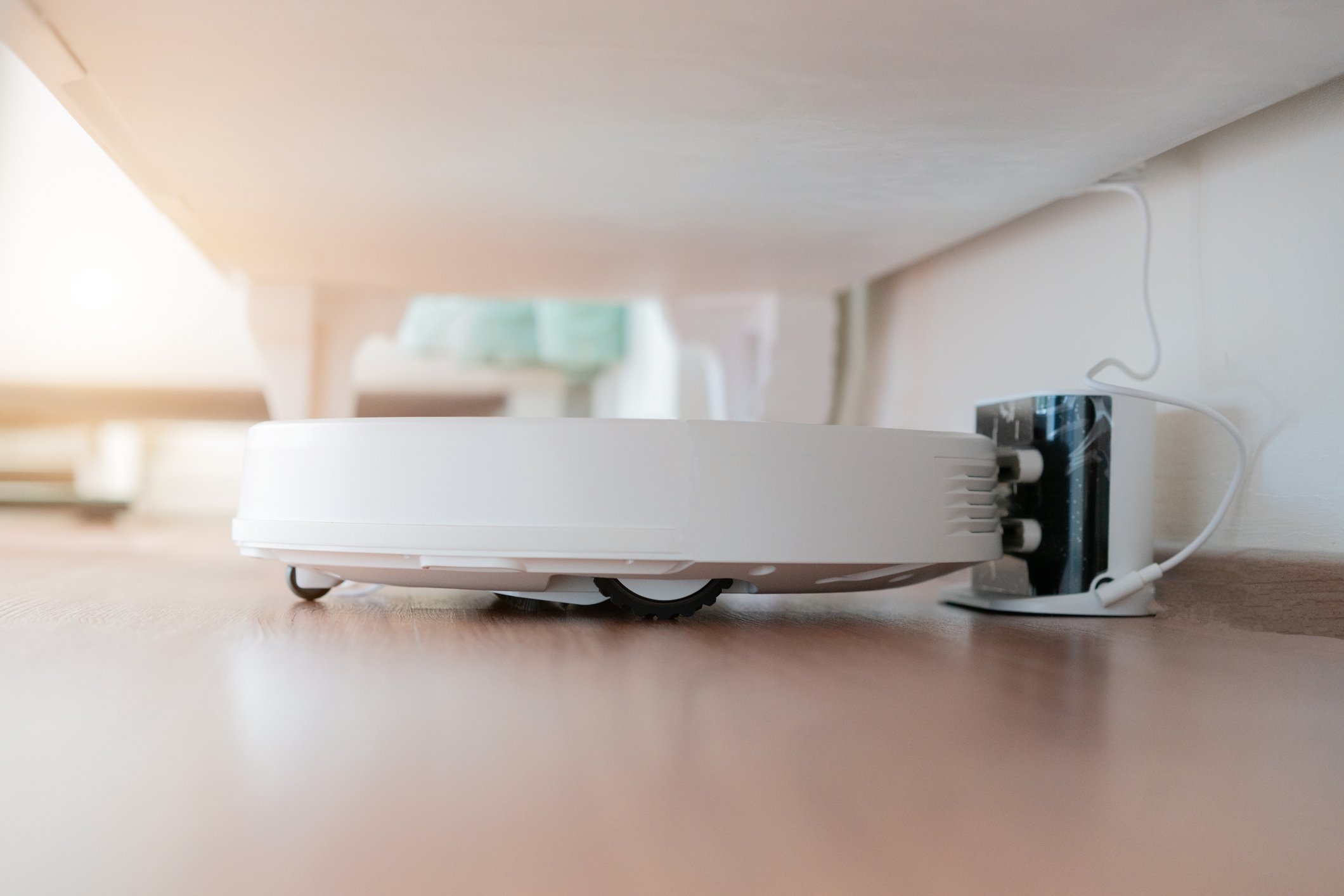There's no arguing the best way to consistently beat the broader market's returns is to buy and hold high-quality stocks for long periods of time. And make no mistake, we're not talking about holding for weeks or even months instead of days. The most significant, life-changing gains are reserved for shareholders who hold their stocks for years, or even decades.
In fact, the world's best investors often say they only look for stocks they would be willing to buy and hold forever without selling.
To that end, here are two stocks in my personal portfolio that I've already owned for years and will be content to never sell.

IMAGE SOURCE: GETTY IMAGES.
A financial holding company built to last
When I first opened a position in Markel (MKL +0.08%) almost a decade ago, the specialty insurance and financial holding company traded below $400 per share. I've consistently enjoyed the company's easy-to-read annual letters, complete with clever quips, musings on the long-term-oriented nature of the business, and -- perhaps most important -- management's humility despite absolutely demolishing the market's returns since going public at $8.33 per share in 1986. And I've made no mystery of my fondness for the business in recent years, arguing multiple times that Markel is a stock you can comfortably buy and hold forever. Today, it represents a $16 billion business that sits closer to $1,160 per share, offering a hefty profit should I choose to take it and put it to work elsewhere.
However, aided by its diversified, three-pronged strategy for increasing its per-share book value -- namely through co-CEO and CIO Tom Gayner's proven stewardship of its investment portfolio, its consistently profitable specialty insurance operations, and a growing number of acquired businesses operating under the Markel Ventures moniker -- I see no reason Markel can't keep beating the market indefinitely while letting its shareholders sleep well at night. And barring an acquisition or stunning negative development -- fraud, say, or the sudden departure of key executives like Gayner -- that might shake my confidence in Markel to the core, the stock will remain a cornerstone of my portfolio.
The future of robotics
Meanwhile, iRobot (IRBT +0.00%) doesn't let me sleep nearly as well; at $58 and change per share, the stock is currently down 56% from its all-time high set in April as the market laments a pair of mixed quarterly reports from the home-robotics leader. Most recently in July, iRobot plunged when the company modestly reduced its full-year 2019 outlook, with management blaming the potential for tariffs and the ongoing U.S.-China trade war to hold back growth in the broader robotics industry.
Still, like Markel, I've also owned iRobot shares and watched the company advance its long-term vision for most of the past decade. And I'm convinced iRobot remains perfectly positioned to benefit as consumers inevitably make robotics a bigger part of their everyday lives.
For perspective, recall in 2014 that iRobot co-founder and (still) CEO Colin Angle pointed out robotic vacuum cleaners (RVCs) represented around 15% of all vacuum cleaner sales. But he also said their adoption was on par with consumers' adoption of microwaves and dishwashers at the same stage of their respective life cycles (roughly 10 to 15 years following introduction).
As of a recent presentation in August, management revealed that number had grown to "just" 24% of total vacuum cleaner sales in 2018 -- even as the RVC industry grew at a steady 25% compound annual clip since 2012. All the while, and despite a slew of up-and-coming competitors, iRobot's Roombas still command more than half (52%) of the global RVC market in terms of retail dollars sold -- a testament to the strength of its brand, focus on innovation, and its patent portfolio.
That's not to mention the potential for incremental growth from iRobot's Braava floor-mopping line of robots, smart-home centric collaborations with partners like Google, and the impending 2020 launch of its new Terra robotic lawn mower.
All told, I fully intend to stick around and watch iRobot continue to increase its dominance as the home-robotics market gains steam in the coming decades. And I firmly believe the recent dip in iRobot's stock price will prove to be a fantastic buying opportunity for other patient, long-term investors.






